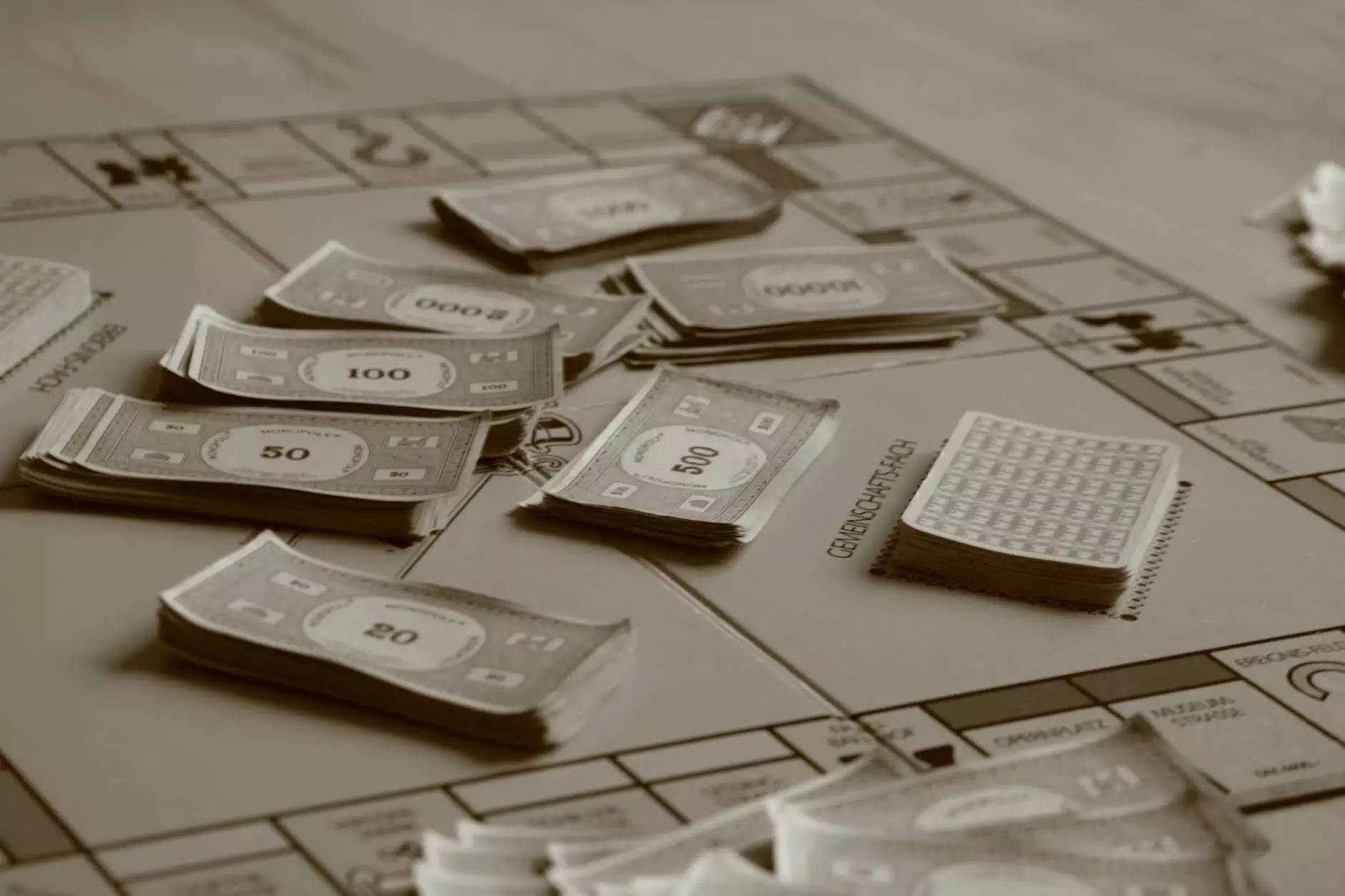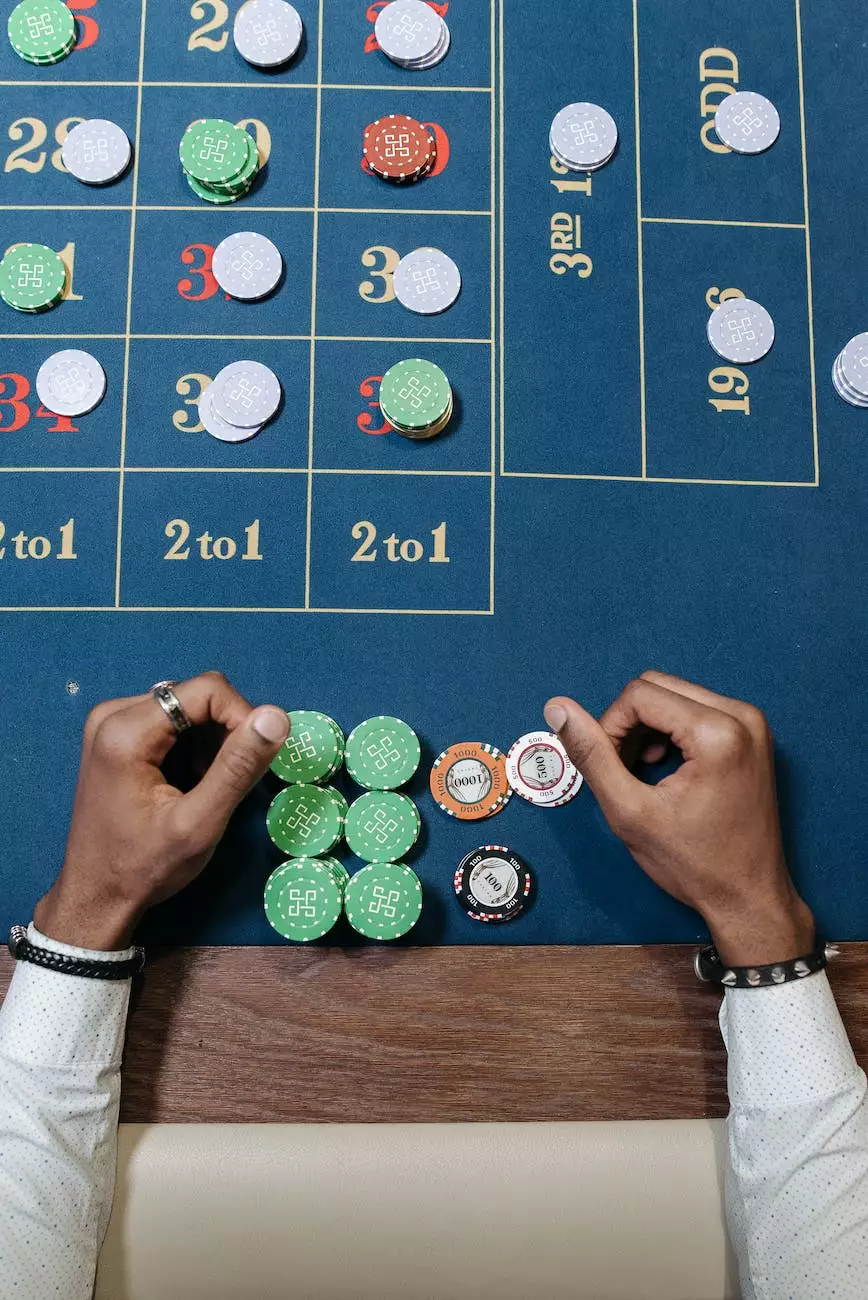How Does a Poker Game End for Cash Games & Tournaments?
Poker
Welcome to Mike's Card Casino, your ultimate destination for all things poker! In this comprehensive guide, we will delve deep into the intricacies of how a poker game ends, focusing specifically on cash games and tournaments. Whether you're a seasoned player looking to enhance your understanding or a beginner eager to grasp the fundamentals, this content will provide you with the insights you need to excel.
Understanding the Final Stages of Cash Games
In a cash game, players exchange real money for chips and play with those chips for as long as they desire. When it comes to the end of a cash game, there are a few potential scenarios that might unfold.
Scenario 1: All but One Player Runs Out of Chips
One possible way a cash game can end is when all players, except for one, run out of chips. This occurs when a player's chip stack is depleted, and they can no longer make a required bet or raise. The last remaining player with chips is declared the winner, taking the entire pot.
Scenario 2: Players Reach an Agreed Time Limit or Stopping Point
In some instances, players might agree on a predetermined time limit or a stopping point, signaling the end of the cash game session. This allows players to manage their time effectively and ensures fairness. When the agreed-upon limit is reached, the game comes to a close, and the players cash out their remaining chips. It's essential to establish clear guidelines before starting a cash game to avoid any confusion or disputes.
Scenario 3: Majority of Players Decide to Leave
Another way a cash game can end is if the majority of players collectively decide to leave the table. This commonly occurs when players have achieved their goals, satisfied with their winnings, or simply need to depart due to personal commitments. In such cases, the remaining players divide the remaining chips based on their stack sizes proportionately.
Exploring Tournament Endings
Tournaments add an extra layer of excitement to the poker experience, as players compete against one another until a single champion emerges. The ending of a poker tournament can vary depending on the structure and rules in place. Let's uncover some common tournament scenarios:
Scenario 1: Last Player Standing
In some tournaments, the game ends when there is only one player remaining with all the chips. This player is crowned the champion and takes home the lion's share of the prize pool. This scenario emphasizes the importance of skill, endurance, and strategic gameplay throughout the tournament.
Scenario 2: Chip Leader Agrees to a Deal
In certain tournament situations, the remaining players might decide to strike a deal, especially if the remaining prize amounts are substantial. The player with the most chips, known as the chip leader, may negotiate an agreement with the other competitors to distribute the prize pool. Such agreements often consider the chip stacks and performance of each player at the time of negotiation.
Scenario 3: Reaching a Set Number of Paid Positions
Many poker tournaments have a predetermined number of paid positions. Once these positions are filled, the tournament ends, and the remaining players share the prize pool based on their finishing positions. This scenario ensures that players who reach a certain rank in the tournament are rewarded, even if they don't clinch the title.
The Role of Skill and Strategy in Poker Endings
Regardless of whether you're playing in a cash game or tournament, the way a poker game ends is heavily influenced by the skills and strategies employed by the players. By mastering the following aspects, you can increase your chances of a favorable outcome:
1. Bankroll Management
Proper bankroll management is crucial to ensuring a sustainable and successful poker journey. Understanding when to invest, when to fold, and how to manage your stack size is key to surviving until the end of a cash game or tournament.
2. Reading Opponents
Being able to read your opponents' behavior and detect their tells can give you a significant advantage in poker. By analyzing their betting patterns, body language, and reactions, you can make more informed decisions and adjust your gameplay accordingly.
3. Adapting to Table Dynamics
Poker is a dynamic game where table conditions can change rapidly. Skilled players know how to adapt their strategy to the flow of the game and adjust their approach accordingly. Staying flexible and observant of the table dynamics can be the key to a successful finish.
4. Calculated Risk-Taking
Knowing when to take calculated risks and when to play it safe is a skill that distinguishes successful poker players. Evaluating the potential for rewards against the possible risks allows you to make informed decisions, maximizing your chances of a favorable outcome.
Conclusion
Now that you have a comprehensive understanding of how a poker game comes to an end, both in cash games and tournaments, you are equipped with valuable knowledge to enhance your gameplay. Remember, at Mike's Card Casino, we believe that knowledge is power, and we strive to provide you with the resources necessary to unleash your full poker potential. Whether you're aiming for thrilling cash game victories or vying for tournament glory, implementing the strategies outlined in this guide will undoubtedly give you an edge on your poker journey.










